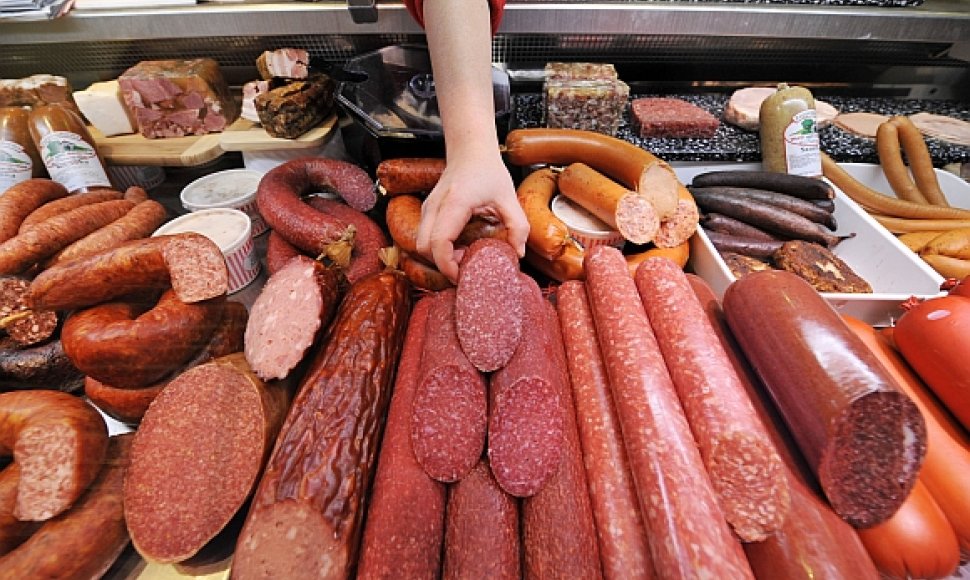Cases of horsemeat being mislabeled as beef have been confirmed in Lithuania, the country's State Food and Veterinary Service (SFVS) said on Friday.
DNA tests have found that part of beef in canned meat products of Latvia's Kursu Zeme, which are sold in Lithuania, was replaced with horsemeat without indicating this on the label of the products, it said.
Jurgita Savickaitė, a SFVS spokeswoman, told BNS that she did not yet have the names of the products found to contain horsemeat.
The veterinary authority has ordered to take Kursu Zemes' products out of the market.
According to the SFVS, beef mislabeling cases have been registered in 21 EU member states.
Examinations showed that the canned products sold in Lithuania were of different type and names than those specified in the European Union's Rapid Alert System for Food and Feed (RASFF), however, the Latvian canned meat was taken off shelves in Lithuania. Product samples were taken for DNA tests.
According to data provided by the State Food and Veterinary Service, meat forgery cases have been reported in 21 countries of the European Union (EU). Considering the information, Lithuania has also decided to test beef products available on the country's market, namely, frozen lasagne, sauces, dumplings, meatballs, burgers, etc.
Traces of horsemeat was found in the output of Latvian meat processing company Forevers earlier this week. The Lithuanian Food and Veterinary Service opened an investigation into the incident.
A scandal rippled through the European Union in February following discovery of horsemeat in beef products in several countries.
Sweden's food industry giant Findus withdrew different types of frozen food in France and Sweden. In Great Britain, frozen lasagne was withdrawn after discovery that horsemeat made up to 100 percent of meat in the product. Horsemeat was also confirmed in products in Germany.
Food giant Nestle also found horsemeat in its products, which were taken off shelves in Spain and Italy last week.












